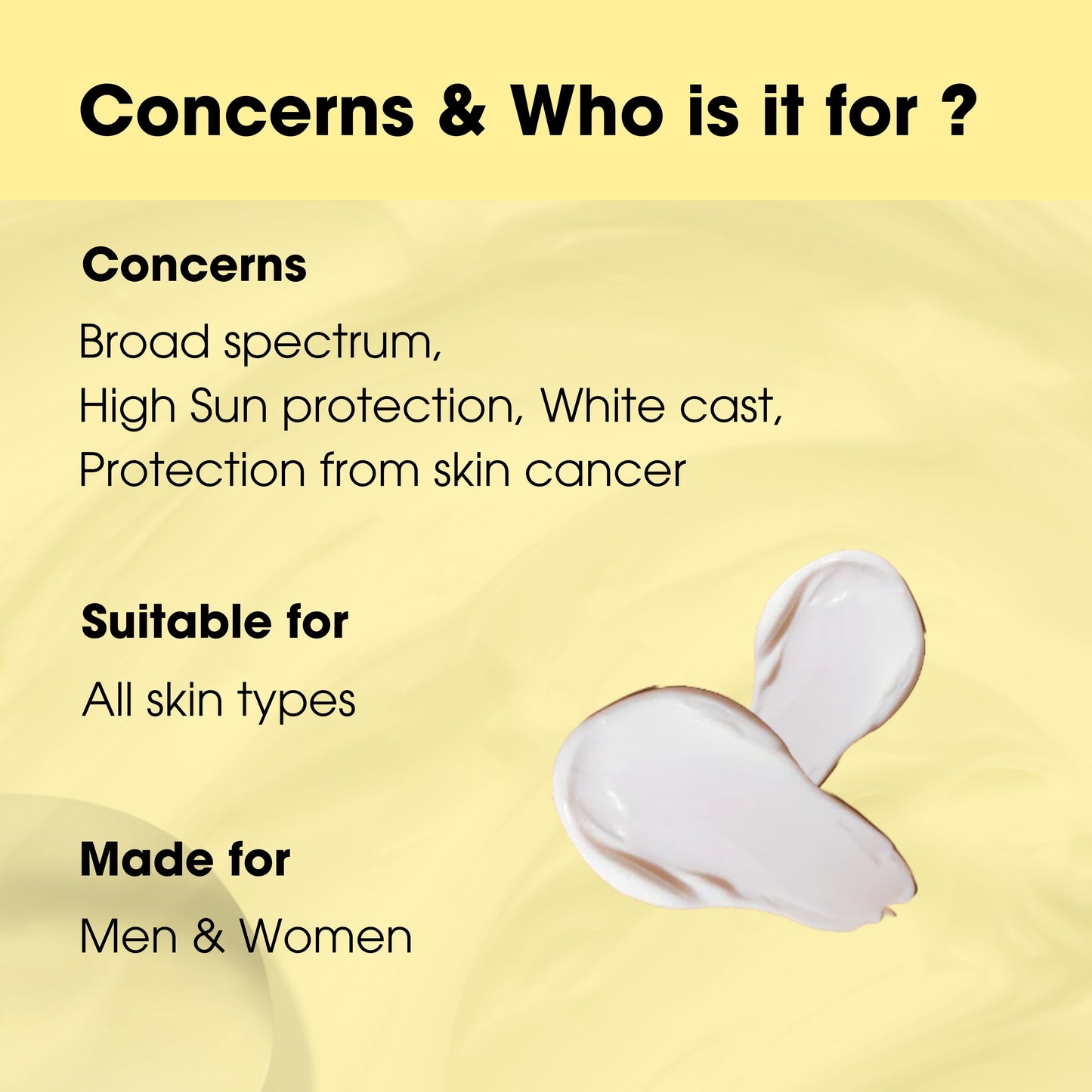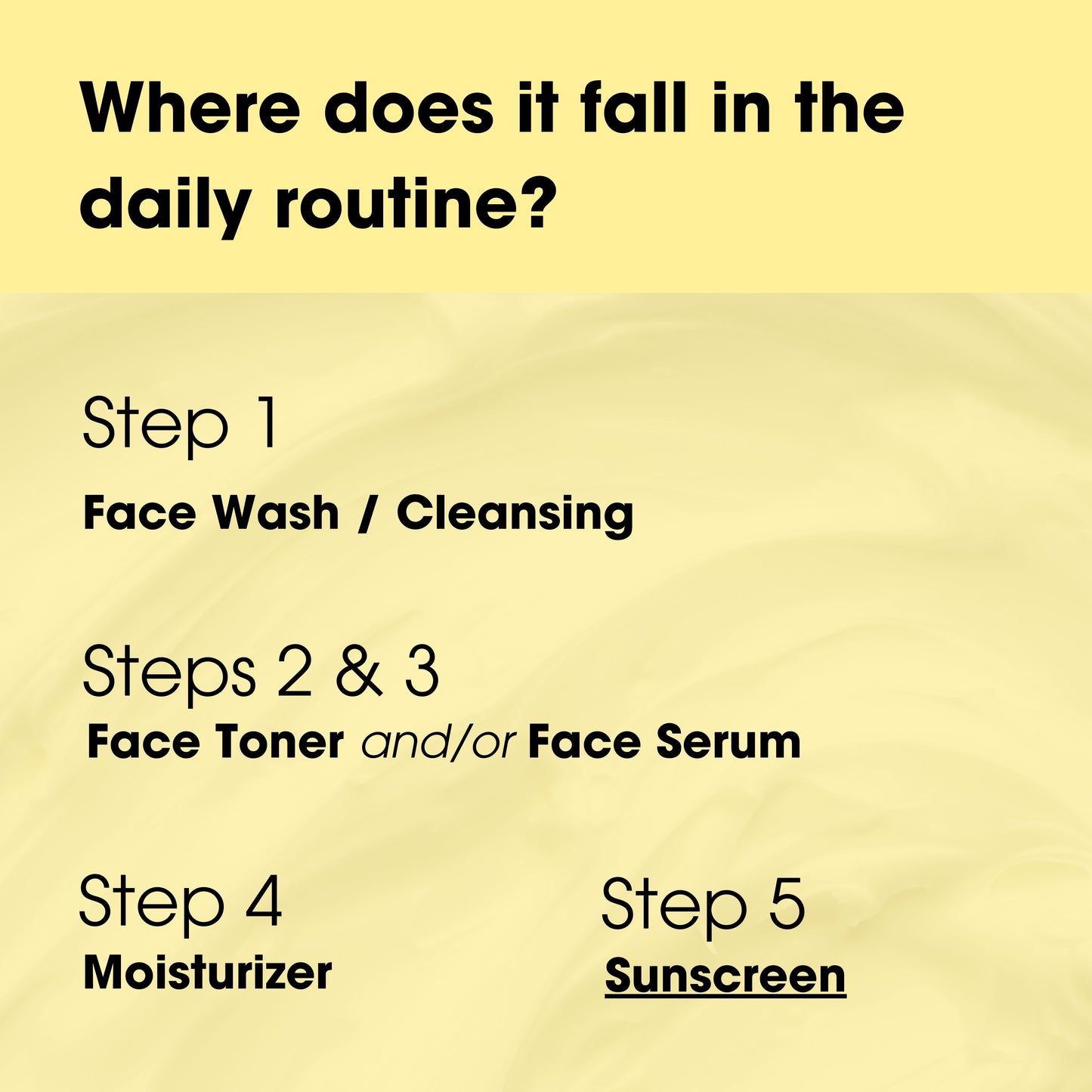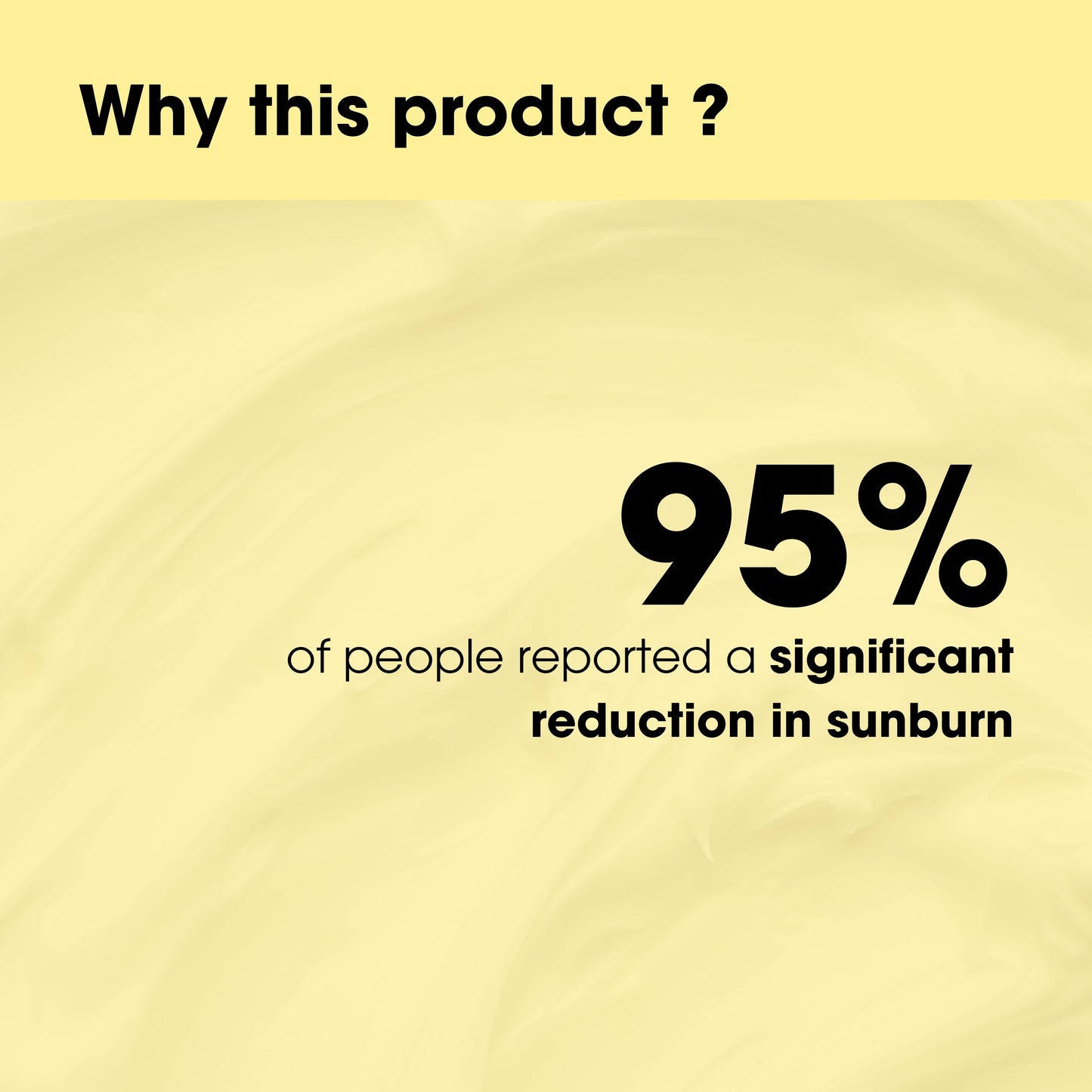Which Is Better, Tinted or Untinted Sunscreen?
When it comes to skincare, sunscreen is an indispensable part of our daily regimen. It shields us from the sun's harmful UV rays, which can lead to premature aging, sunburn, and even skin cancer. Welcome to Afterthought.
However, the debate between tinted and untinted sunscreens remains a hot topic. Each has its unique advantages and potential drawbacks, making the choice largely dependent on individual needs and preferences.
Let's delve deeper into the characteristics, benefits, and considerations of both to help you make an informed decision.
Understanding Sunscreens
Sunscreens, irrespective of being tinted or untinted, primarily function to protect the skin from UV radiation. They come in two main types:
- Chemical Sunscreens: These absorb UV rays and convert them into heat, which is then released from the skin.
- Physical (Mineral) Sunscreens: These act as a physical barrier, reflecting UV rays away from the skin. They typically contain zinc oxide or titanium dioxide.
Both types can be found in tinted and untinted forms, offering varying levels of protection and cosmetic benefits.
Tinted Sunscreen: Pros and Cons
Pros:
- Enhanced Protection: Tinted sunscreens often provide broad-spectrum protection by adding iron oxides, which help in blocking visible light and blue light from electronic devices. This can be particularly beneficial for individuals prone to hyperpigmentation.
- Cosmetic Benefits: Tinted sunscreens can act as a light foundation or BB cream, providing a more even skin tone and hiding minor imperfections like redness, dark spots, and blemishes.
- Convenience: By combining sun protection with a touch of makeup, tinted sunscreens can streamline your morning routine, reducing the need for additional foundation or concealer.
- Suitable for All Skin Types: Modern formulations cater to various skin tones, ensuring that there is a match for nearly everyone, from the lightest to the darkest complexions.
Cons:
- Limited Shade Range: Despite improvements, finding the perfect shade match can still be challenging for some people. An ill-fitting shade might not provide the desired cosmetic effect.
- Potential for Comedogenicity: Some tinted sunscreens may contain ingredients that can clog pores, making them unsuitable for acne-prone skin.
- Blendability Issues: They might require more effort to blend seamlessly into the skin compared to untinted sunscreens.
Untinted Sunscreen: Pros and Cons
Pros:
- Universal Application: Untinted sunscreens are typically transparent or white and blend into the skin without leaving a residue, making them suitable for all skin tones.
- Lower Risk of Pore Clogging: Many untinted formulations are designed to be non-comedogenic, reducing the risk of acne and breakouts.
- Simplicity: They provide straightforward sun protection without the need to consider color matching, making them easy to apply and reapply throughout the day.
Cons:
- White Cast: Some untinted sunscreens, particularly those with high concentrations of zinc oxide or titanium dioxide, can leave a white cast on the skin, which is more noticeable on darker skin tones.
- No Cosmetic Coverage: Untinted sunscreens do not offer the cosmetic benefits of evening out the skin tone or covering imperfections, which might necessitate the use of additional makeup products.
- Perceived Heaviness: Certain untinted sunscreens, especially physical ones, can feel heavier or greasier on the skin compared to their tinted counterparts.
Choosing the Right Sunscreen for You
The choice between tinted and untinted sunscreen boils down to your personal needs and preferences. Here are some factors to consider:
- Skin Type: If you have oily or acne-prone skin, look for non-comedogenic formulas. For dry skin, choose sunscreens with hydrating ingredients.
- Skin Tone: If you struggle with hyperpigmentation or uneven skin tone, tinted sunscreens can offer both protection and cosmetic benefits.
- Daily Routine: If you prefer minimal makeup, tinted sunscreen can simplify your routine. However, if you have a specific skincare and makeup regimen, untinted sunscreen might integrate more seamlessly.
- Activity Level: For outdoor activities or sports, look for water-resistant formulas in either category.
- Reapplication: Consider how easy it is to reapply the sunscreen throughout the day. Tinted sunscreens might require a mirror and more careful application, whereas untinted ones can be more straightforward.
Check Now : Sunscreen SPF Calculator
Conclusion
Both tinted and untinted sunscreens have their merits and potential drawbacks. Tinted sunscreens offer the dual benefits of protection and cosmetic enhancement, making them ideal for those looking to simplify their beauty routine while addressing pigmentation issues.
Untinted sunscreens, on the other hand, provide straightforward protection suitable for all skin tones and types without the need for color matching.
Ultimately, the best sunscreen is the one you are most likely to use consistently. Whether you choose tinted or untinted, ensuring daily application and reapplication is key to maintaining healthy, protected skin.
Always consider your skin's unique needs, your lifestyle, and your personal preferences when making your choice.
Also Read: Which SPF Sunscreen Is Best For Indian Skin?









